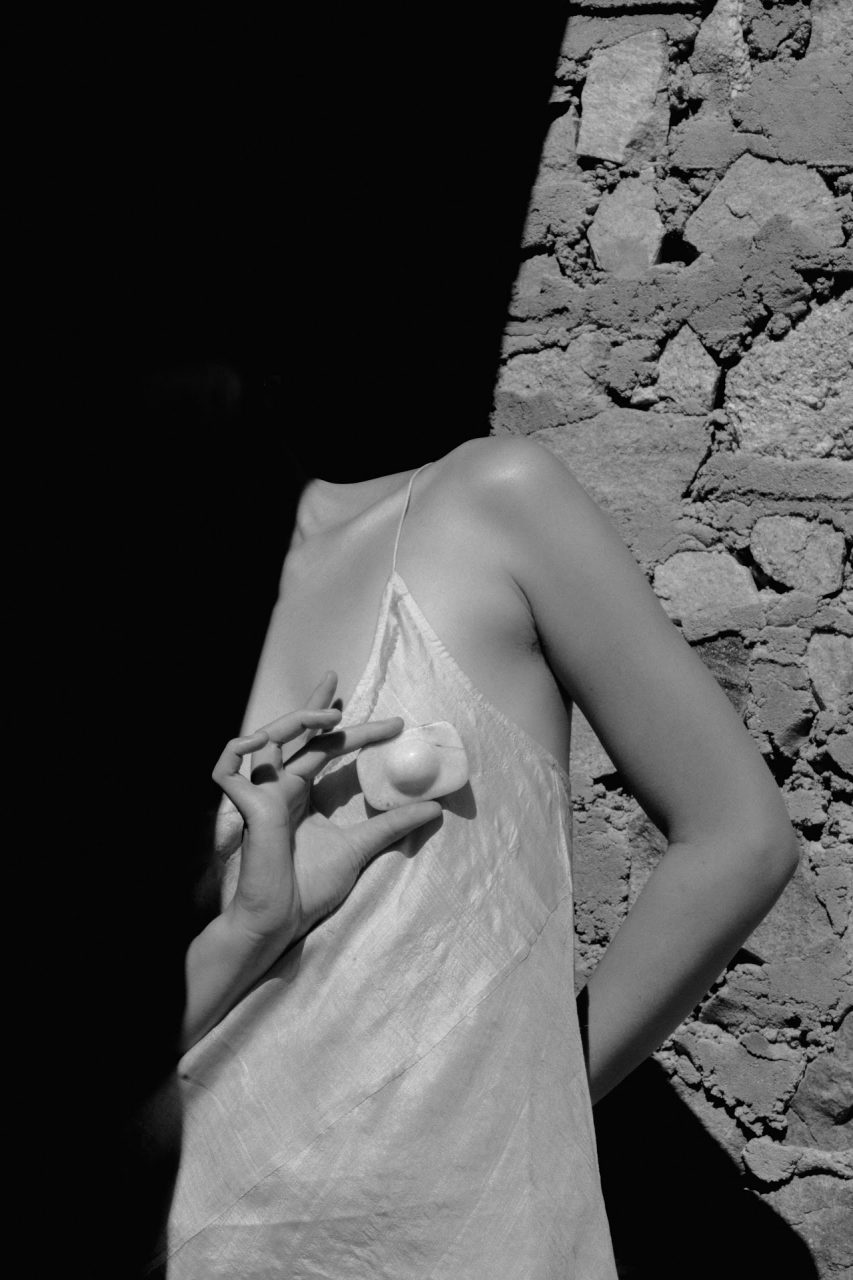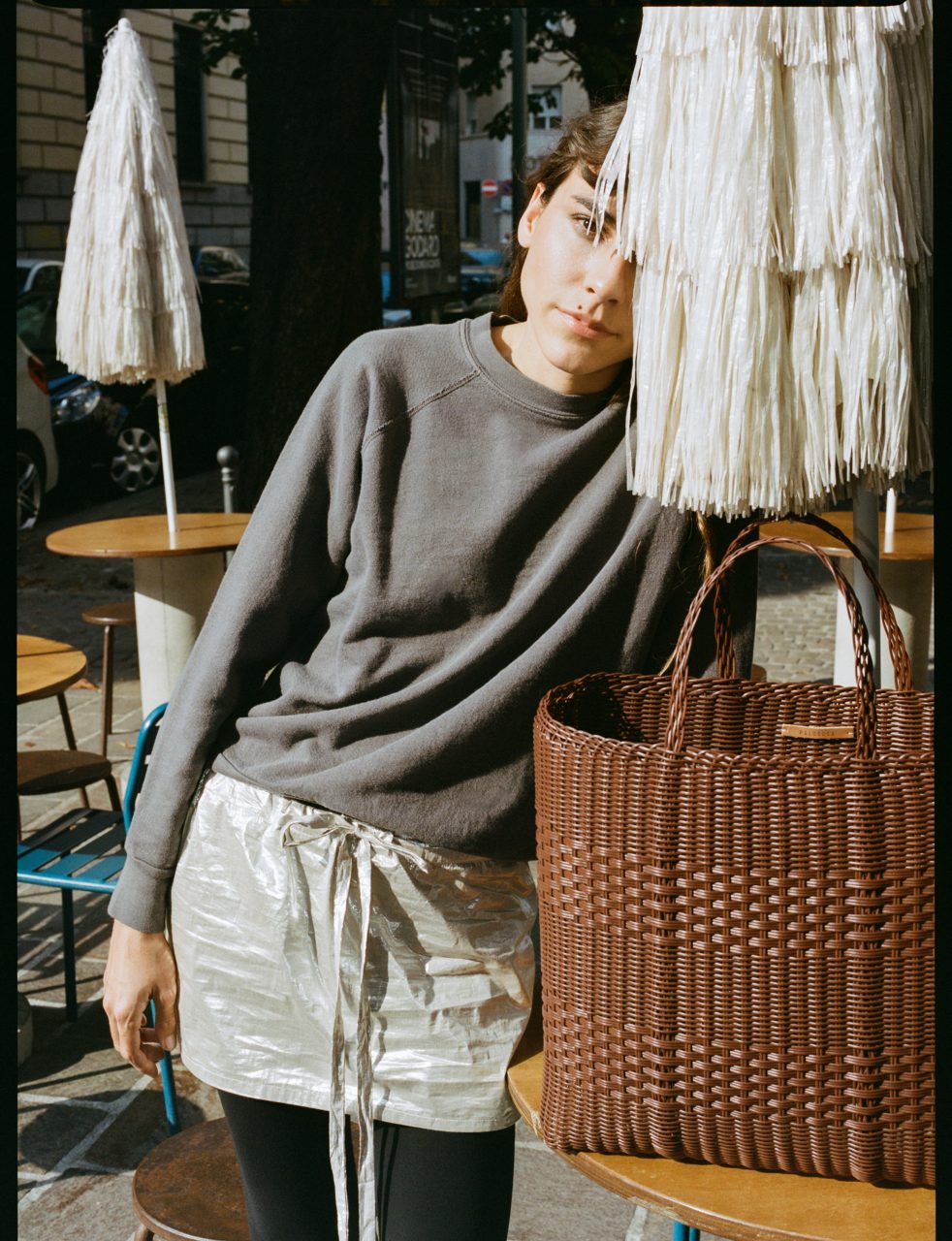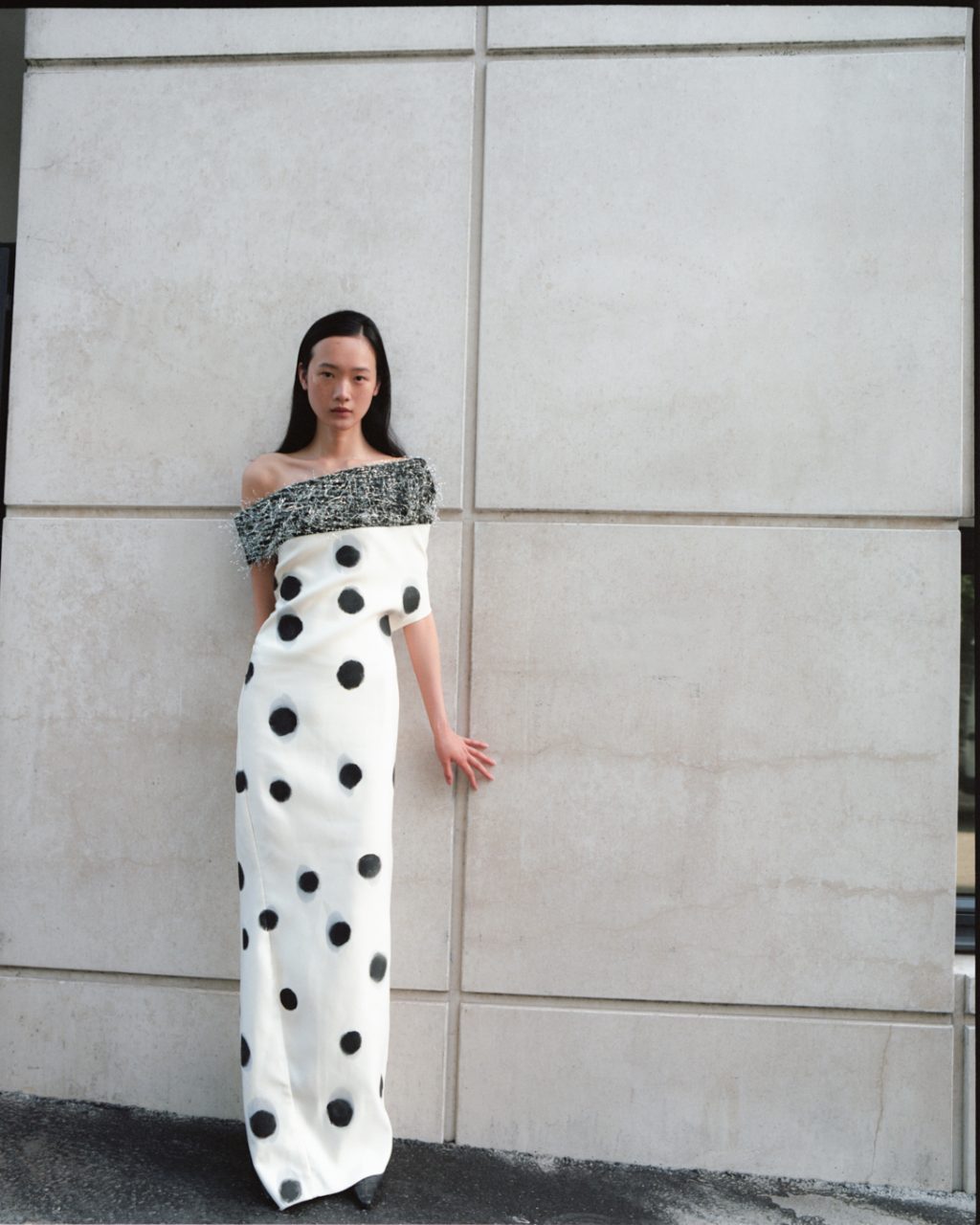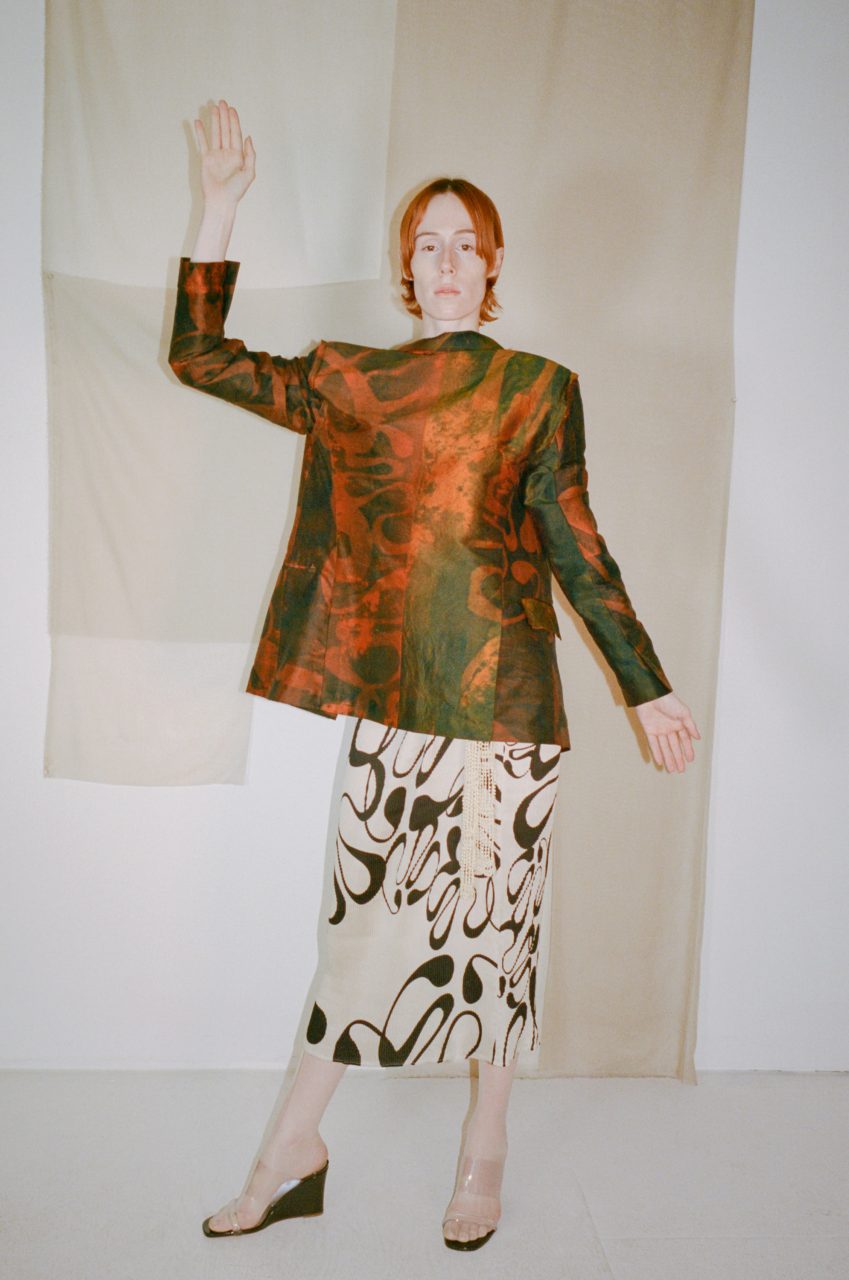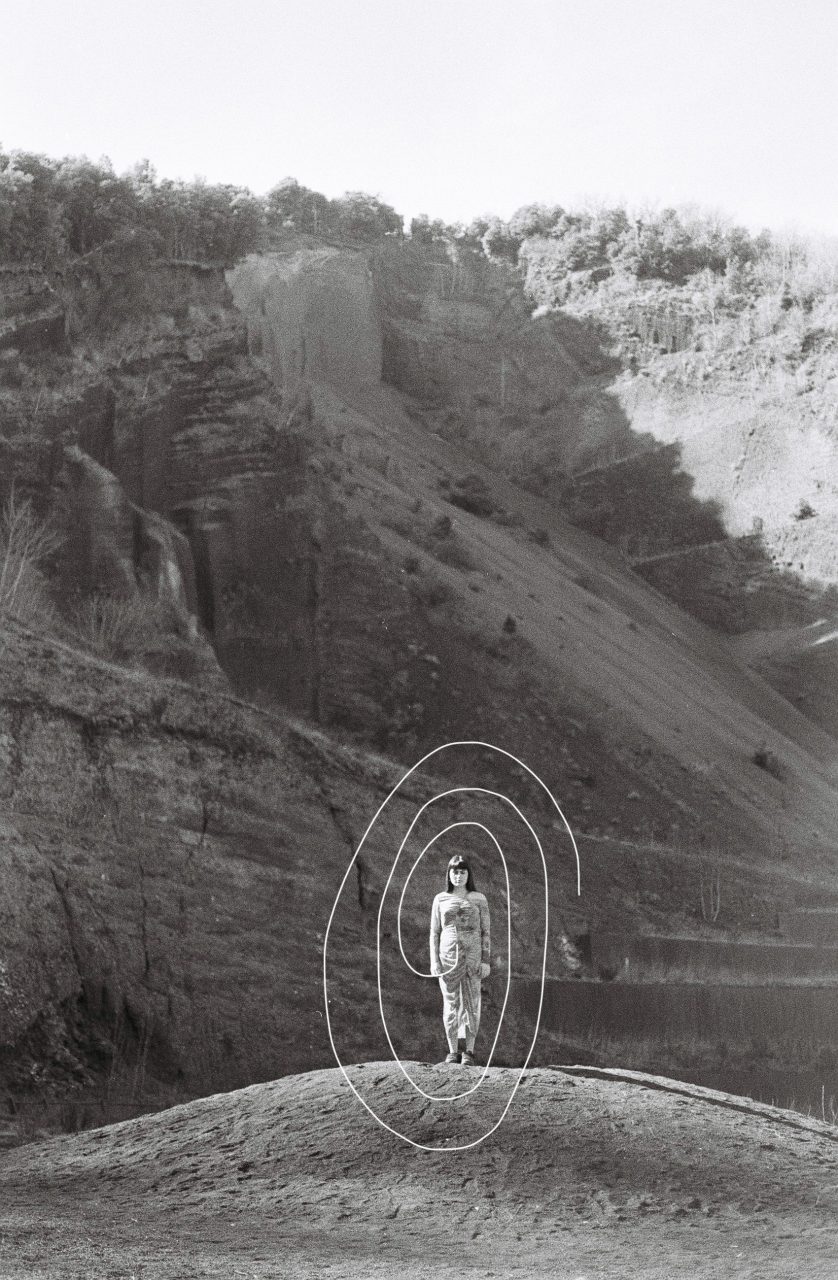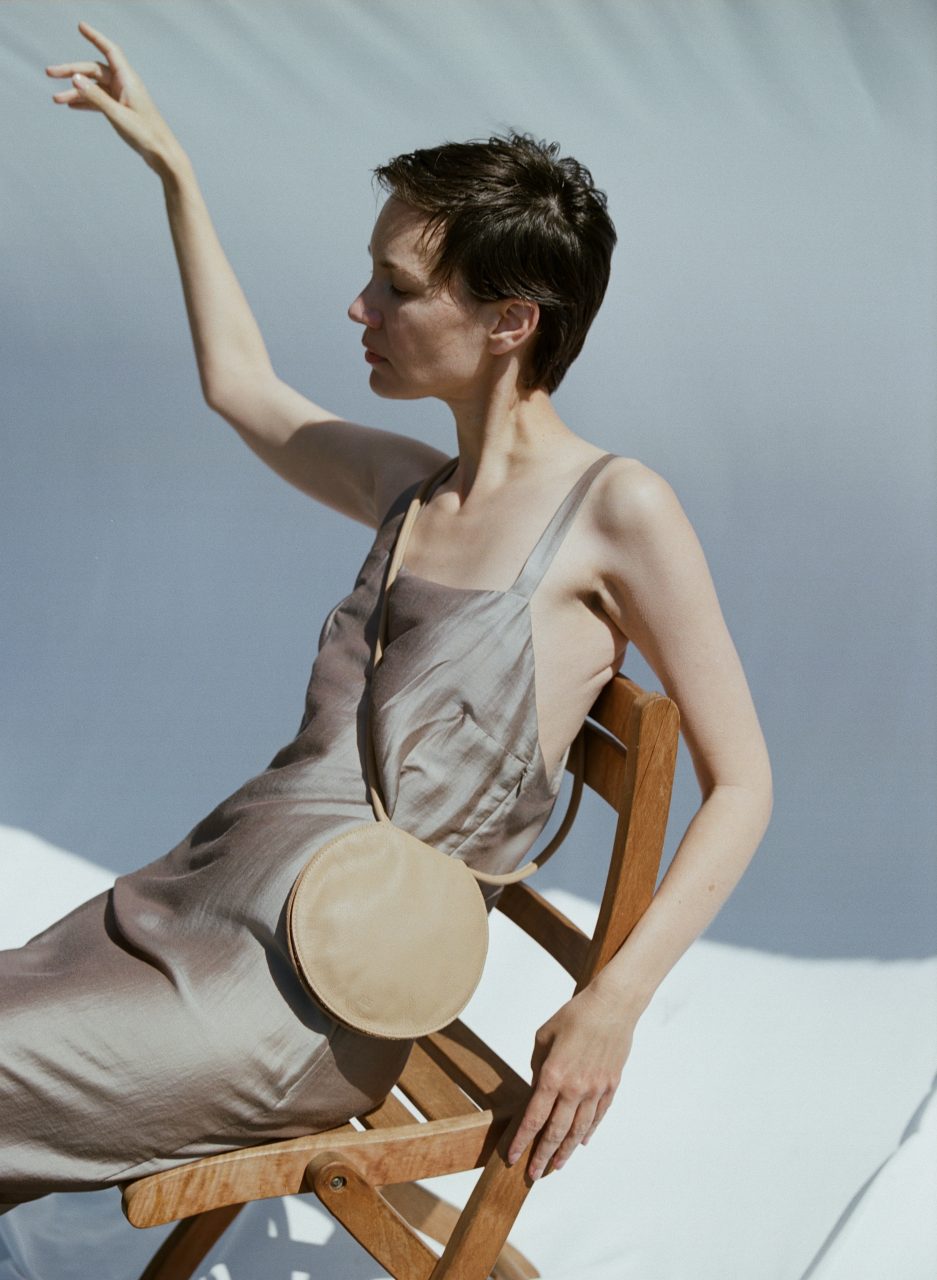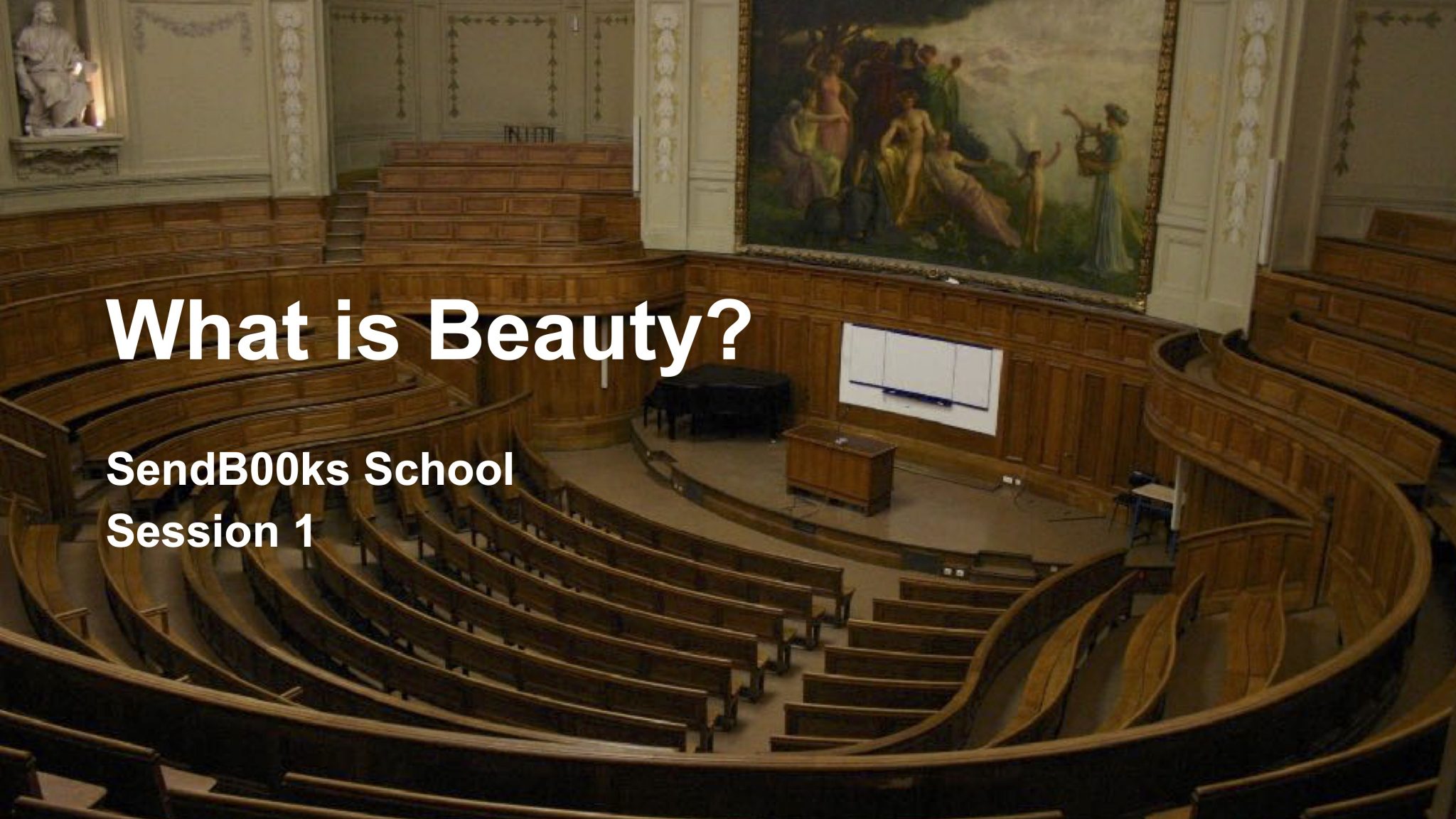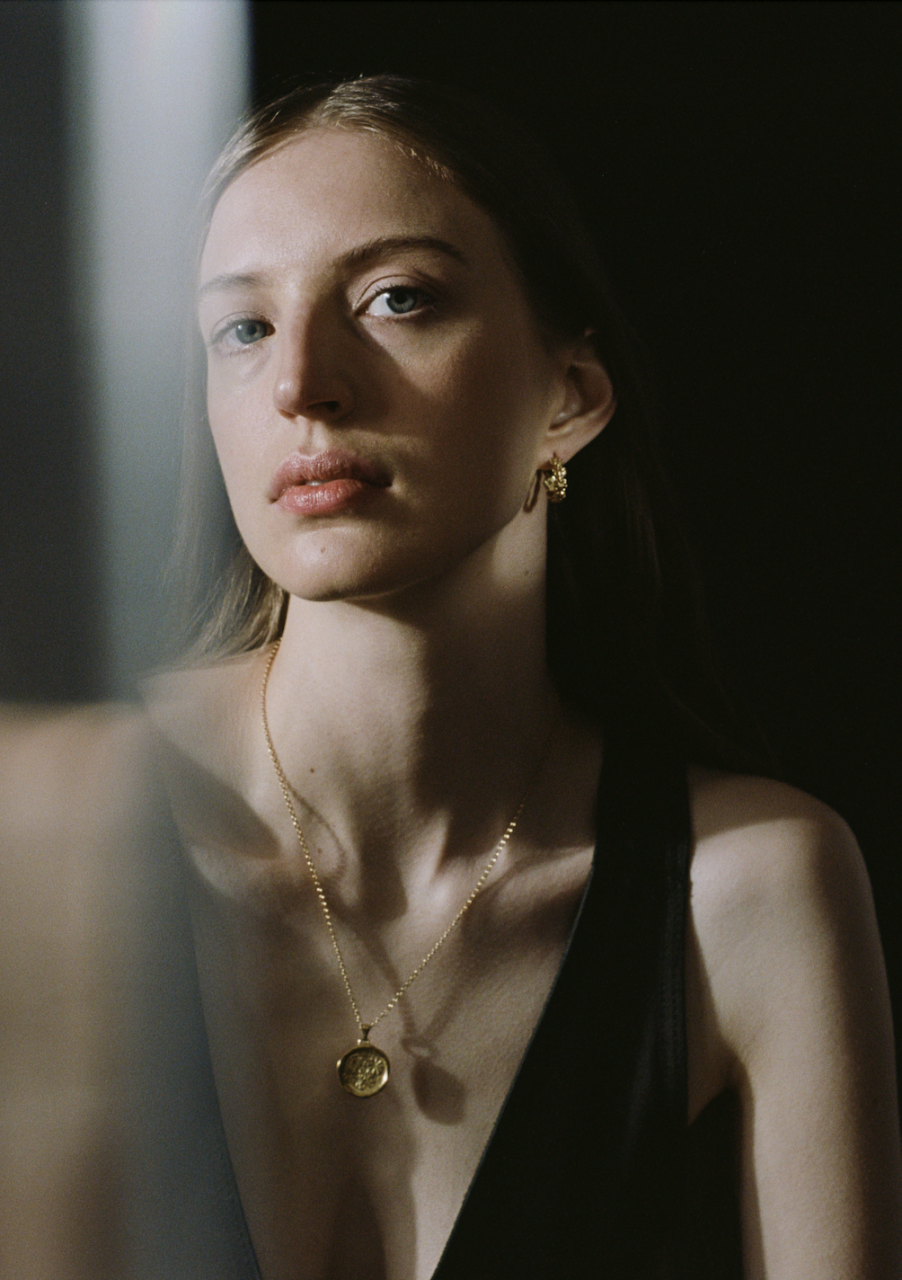One of my favourite projects this year — interviewing Su Wu for Anaak, photographed by Nastassia Bruckin and styled by Kayten Schmidt.
Anaak Muse: Su Wu
Celebrated for her unique perspective, arts writer and poet Su Wu’s work has appeared in the New York Times and Artforum.com, amongst others, and is an art editor for the publication n+1.
The essence of Su’s personal online outlet I’m Revolting is a combination of references that, when placed with and against each other, begin to ask the bigger questions — often found hiding behind ideals of beauty and indulgence. I’m Revolting is a literary act of rebellion. Refusing to take anything at first glance, we admire Su’s relentless perseverance in her search for meaning and insight to the act of creation — the driving pulses of inspiration; the reasons to push against governing principles; the reaction to the feeling of disgust. And it is beyond all of this, that Su will poetically piece together what beauty and creation truly stand for.
Recently relocated to Joshua Tree, Su lives in a house that borders the national park built by her partner, sculptor Alma Allen, in a landscape she describes as “an inscrutable hillside that doesn’t need us.”
— We admire your constant ability to create a unique point of view across all of your writing and critic work. Where do you think this ability stems from? And is it something that you are conscious of?
I lay my grains at the altar of the patron saint of self-doubt, who presides over the sense that all writing falls short of the thing that it is describing, and that the best one can possibly hope for, as a writer, is to create a self-contained something else entirely that fights to be its own reason to exist. For years I wrote words about which I was cynical, even though I often liked the words; I’d like to write worse words, unremunerative words, that contain some of what I mean to say.
It’s not that there’s no consciousness involved in writing — I’m dubious that raw prose is somehow more true for being unadulterated than words agonized over and considered. But the conscious effort for me was not in trying to be a writer; that was compulsion sliding into identity. I don’t know why the words come or how to let them go, which is sometimes an agony when combined with self-doubt, but (as Luc Sante recently said in an interview; Sharon Olds something similar, too; and of course Merwin quoting Berryman) while I have absolutely no confidence in my writing, I have an overabundance of confidence in my opinions, so that helps, and I enjoy the sheer dumb luck of having opinions at all enough to allow them to be wrong.
— What are some of the textures and colors you like to have in your home and in your wardrobe?
The other day a friend described a way of gardening as “organizing the weeds,” and I am taking it as a gentler guiding principle from now on, farther from the so-far unsteady lurch of moving into and out of this house. Everything I brought here is a non-native species, really, including me, dropped onto an inscrutable hillside that doesn’t need us. What seems to be taking to the light are: matte ceramics and woven plant fibers against knotty concentric wood grain, stone carved by wind or water next to stone carved by hand, and the tones of bruises and blushes, these flourishes of livid color that are always already inside you, waiting for you to bump hard against something so they have an excuse to surface.
— We are intrigued by your thoughts on the ‘grotesque’ or ‘revolting’ as something that is ‘beautiful’. Can you elaborate on this concept, and what are some examples of this that you have experienced?
What’s that line? About the border where our knowledge and ignorance meet, turning one into the other? I still don’t know if there’s any moral dimension to taste, and I miss every day the person I would have talked to about it, but it’s been worthwhile, in general, for me to check my righteousness against the lived experiences of others, and I’m guessing the principle is also true when it comes to the beliefs most deeply felt, like beauty, which are guided as much by our sticky, soft frailty as they are by any strength, and where at least the pleasure in having earned your taste at all, in knowing it, is in being able to push the edges.
— Your sense of adventure seems to direct your lifestyle in many ways. Where in the world do your fondest memories exist?
Lately, I’ve been enjoying hazy memories of the north-western border of China, watching dunes glide along the old Silk Road, taking a polite bite of camel hoof, smoking proffered tobacco rolled in thin vellum book pages, minding my breath in caves prone to the damage of accumulated exhalation. And I have felt that the world was better than I remembered in many other places, and lingered in the afternoon and through the days, but most of my fondest memories have something of the sun to them, and after the sun, the shopping. I’ve never been to the trash market in Mexico City, where discarded things that might potentially be of value are sifted out of the garbage for sale, but I was just talking with someone I met there about that Francis Alÿs piece. He made seven small bronze snails and threw them away in garbage cans across the city, and managed to find two again at the market. He bought one back and left one there.
— You have a strong sense of personal style, and we love the way you mix up your clothes. What is it that you look for in a garment?
My inclinations in clothing might also describe the realities of writing poetry: more emotional expression, unevenness with finances, also not being very good at understanding when something is unflattering.
When I tentatively ventured onto social media, one of the first people to follow me was the writer and creative director Gigi Guerra, whom I still haven’t had the pleasure of meeting. I wrote her a fan letter then to say that she had written one of the formative essays of my life, that I read in the throes of early puberty in a suburban delta town, about making and wearing a skirt made of toast. Even today what I look for in a garment probably comes out of imagining that skirt made of toast.
— What are your thoughts on intuition?
I love this question: It encapsulates so neatly a bit of the dilemma where love meets writing, that you’ve got to be ready to wrestle with the irrational reaction.
My tendency to overthink might be bound up with intuition, though, in that I stare too long and worry too long as compensation for the absence of clairvoyance. I mean, the first time a person announced her psychic abilities to me, in a sincere and non-professional way, I saw how far I was from the feeling, which must be amazing. She was so easy with it, her ability to anticipate the outlines of another person’s life before it was described, and I became equally sure as she spoke that I am whatever is the opposite — bewildered? — and everything is observational that does not come as a surprise, and the words people say amaze me. I feel like a wave far out at sea taking off without the shore in sight, and when I listen to my gut I am trying to summon courage instead of instinct, because I need to try it anyway in order to know.
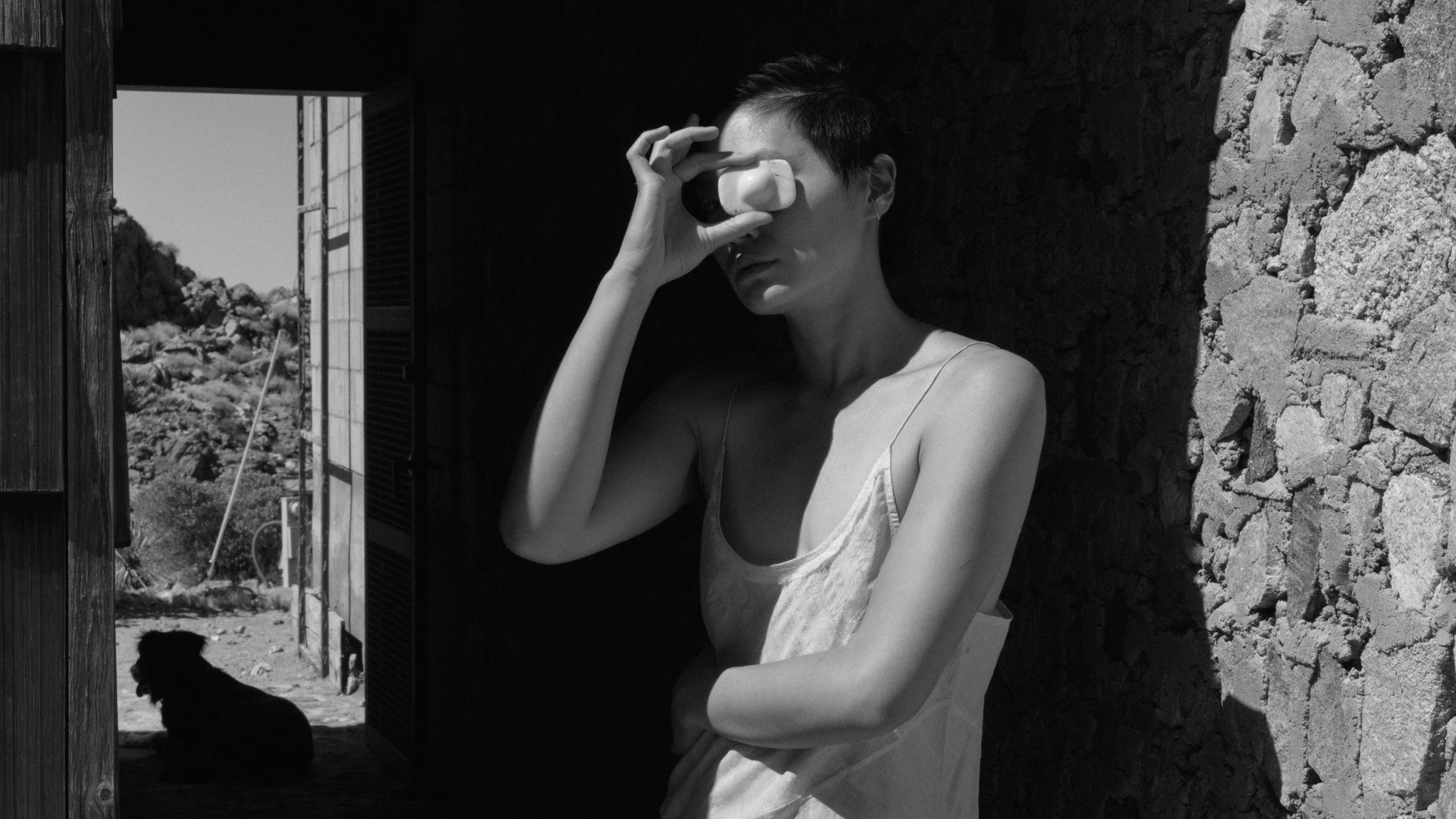
—
Interview with Su Wu originally created for Anaak
Images: Nastassia Brückin
Styling: Kayten Schmidt
Interview & Introduction: Yasmine Ganley

